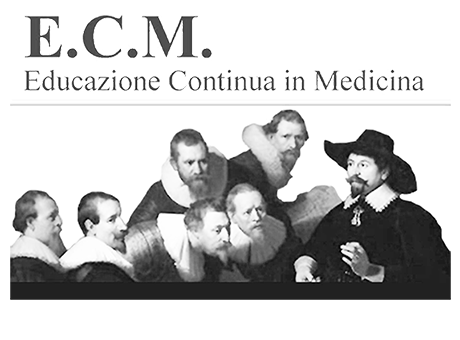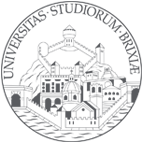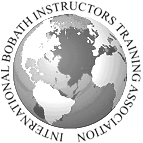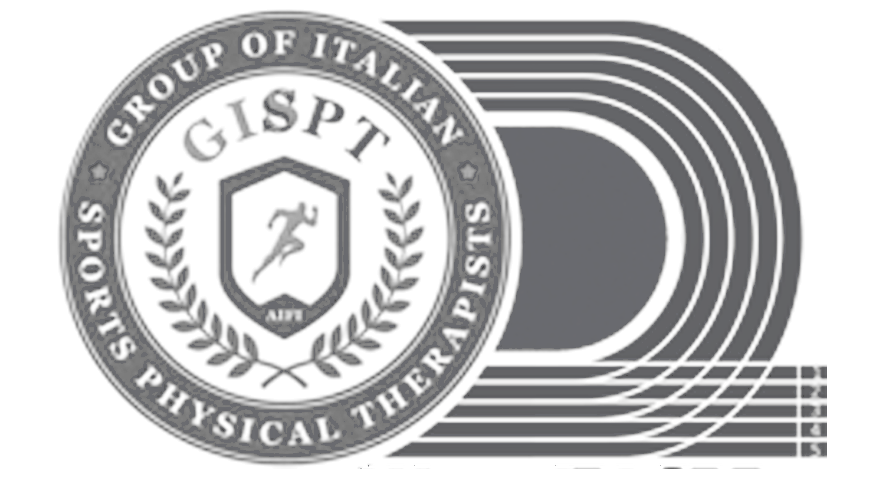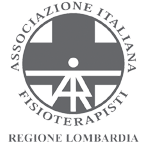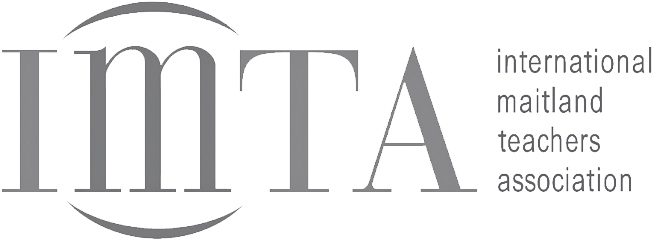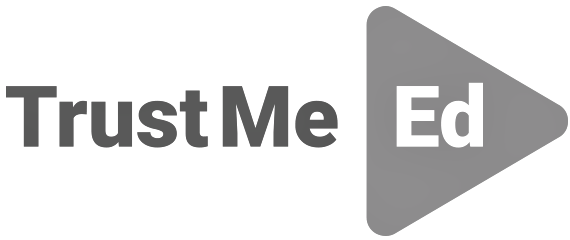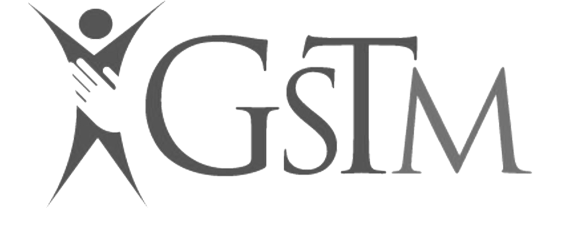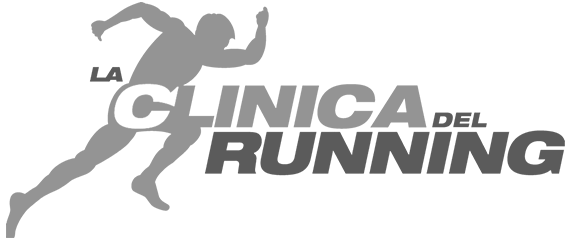December 6, 2024
EM339: Workshop - Maximizing functional potential after severe acquired brain injury: the clinical application of the Bobath concept
-
Alba MagriPt, IBITA Advanced Course Instructor
-
Carlos Leite MartinsPt, IBITA Basic Course Instructor, PhD Cand.
Severe acquired brain injury is one of the most complex fields of rehabilitation as it deals with multidimensional pathologies that require expertise, clinical experience and a multidisciplinary team. These extensive lesions are generally of traumatic or vascular origin and are characterized by a more or less prolonged initial state of coma resulting in serious sensorimotor, cognitive and behavioral impairments related to serious disability. The rehabilitation process is long and complex, diversified in relation to the post-acute or chronic phase and the functional objectives. The aim of this workshop is to analyze the specific problems of this category of patients to define possible coping strategies in order to make the physiotherapist more independent in making clinical decisions and capable of structuring an individualized and tailor-made therapeutic intervention. Teacher Carlos Leite Martins has over 20 years of hospital experience in the sector and is an advanced level IBITA (International Bobath Instructors Training Association) instructor. This approach to the rehabilitation of adults with central neurological damage originates from the work of Berta and Karel Bobath and has evolved over the last 70 years. The rationale for its application is rooted in current neuroscientific knowledge relating to motor control, motor learning, neural and muscular plasticity and in current biomechanical knowledge.
Specific objectives:
- Know the typical patterns and clinical characteristics of the different types of brain injury in neurorehabilitation terms
- Provide an overview of the literature and a clinical discussion of the main problems of subjects with severe brain injury in the different phases of rehabilitation for the structuring of an individualized treatment and to develop clinical reasoning according to the Bobath Concept
- Understand the complexity of the challenge of managing patients with disorders of consciousness (absence of communication, difficulty in interaction, severity of motor damage...)
- Understand how weakness, spasticity and contractures interact and interfere with the recovery process
- Explore postural control strategies so that the patient becomes more stable and effective in gravity to meet functional needs
- Know environmental modification strategies to optimize the performance of patients with GCA in the postacute and chronic phase
- Train movement analysis to develop tailor-made intervention strategies in the different phases of the rehabilitation process
In collaboration with:
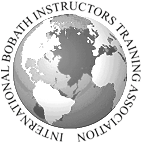
Intended for
Payments
- Deposit €305.00 within 7 days from the registration
- Balance €244.00 by date November 11, 2024
Calendar
language
Course Location: Brescia @Sala Formazione Edumed
SCHEDULE
First day
8.30-9.00 Registration of participants and presentation of course objectives
9.00-11.15 Lesson: Severe Acquired Brain Injury: neurological, neuro-cognitive and neuro-behavioural sequelae
11-15-11.30 Coffee break
11.30-12.45 Demonstration of a clinical case by the teacher in a collective session
12.45-13.00 Synthesis of clinical reasoning and discussion
1.00pm-2.00pm Lunch
2.00pm-3.30pm Practical laboratory 1: Improving postural organization while sitting for reorientation on the midline - How to build or modify the environment to optimize motor performance?
3.30-3.45pm Coffee breaks
3.45pm-5.30pm Practical laboratory 2: Internally reclining, symmetrical and asymmetrical sitting position for the mobilization of the pelvic and shoulder girdle
5.30-5.45pm Summary of learning, questions and conclusions.
Second day
8.30-11.00 Lesson: The patient with GCA in the different phases of the rehabilitation process
11.00-11.15 Coffee break
11.15-12.45 Demonstration of a clinical case by the teacher in a collective session
12.45-13.00 Synthesis of clinical reasoning and discussion
1.00pm-2.00pm Lunch
2.00pm-3.30pm Practical laboratory 3: Creating an active supine position to train core stability and the head placing response
3.30-3.45pm Coffee breaks
3.45pm-5.30pm Practical laboratory 4: Mobilize in rotation to address the neural and non-neural components of the shoulder girdle and arm
5.30-5.45pm Summary of learning, questions and conclusions.
Third day
8.30-11.15 Practical laboratory 5: Side-lying with trunk constriction for hip mobility and scapula in the reaching pattern
11.00-11.15 Coffee break
11.15-12.45 Demonstration of a clinical case by the teacher in a collective session
12.45-13.00 Synthesis of clinical reasoning and discussion
1.00pm-2.00pm Lunch
2.00pm-3.00pm Practical laboratory: Sit-to-stand to gradually expose the patient to gravity
3.00pm-4.15pm Practical laboratory: Standing position, geometry of verticality and light touch
4.15pm-5.00pm ECM practical test and conclusion of the course
